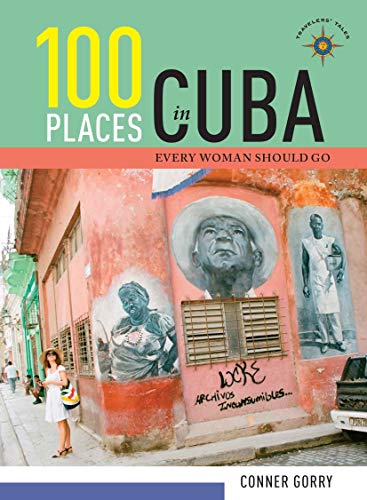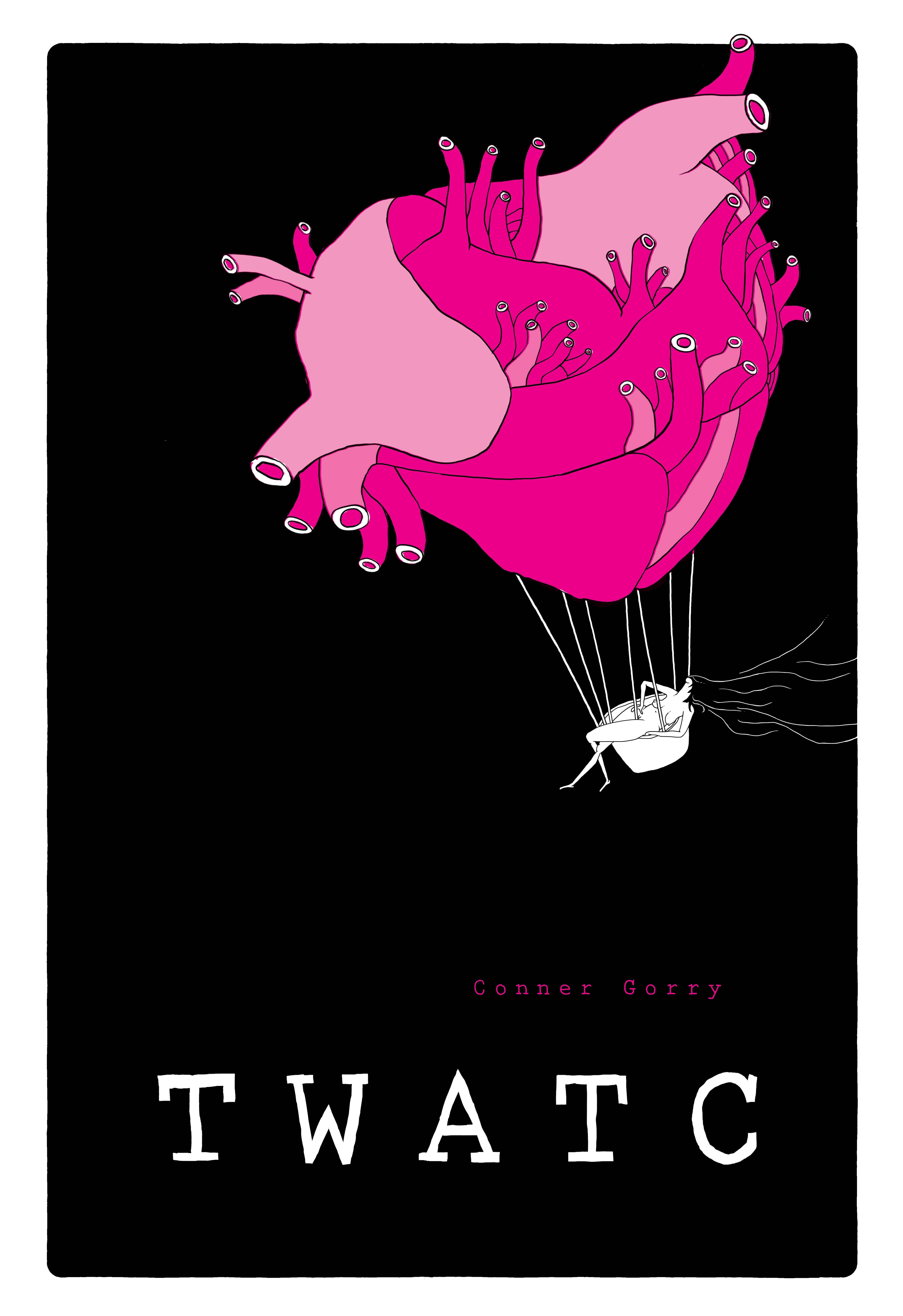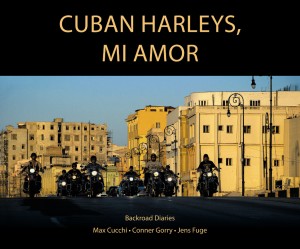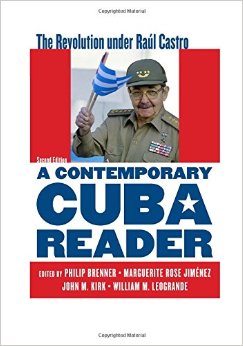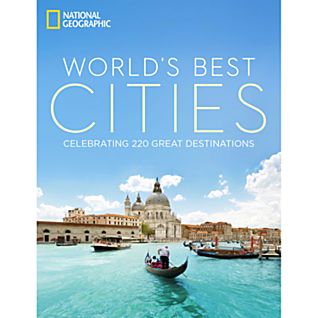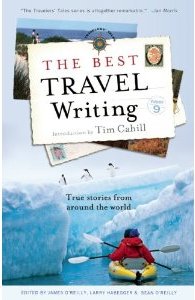[tweetmeme source=”connergo” only_single=false]
Next to a full-blown orgasm, there’s nothing more relaxing than a full-body massage in my book. A good massage even beats out great masturbation if you ask me, and while I’ve had massages in places as far flung as Hawaii and the Bronx, Guatemala and the Yucatán, I’ve been reticent to explore such carnal (albeit platonic) pleasures in Havana. It’s not a question of cost – a full one-hour massage is as little as $10 here – but rather the 1-2 combo of Cubans’ notoriously lascivious nature and a rabidly jealous Scorpion husband (see note 1). Who knew what would go down on that table, yours truly lying there nude, a strange man’s hands roaming all about?
But recently, a different 1-2 combo struck, sending me to that table: first, the need for release and relaxation was too pressing to ignore and then a friend opened a full-service spa. Permissible under Cuba’s new consumer capitalism regime, this privately-owned spa is in a privileged corner of an upscale neighborhood and offers everything from spinning classes and yoga to Brazilian wax jobs and microabrasions.
It seemed like the golden opportunity to invite the strong, well-oiled hands of an unknown Cuban macho to get acquainted with my body…
But before getting down to the nitty gritty, I wonder what you imagine when you hear the word ‘spa?’ Is it some oasis serving cucumber water and salmon/watercress baguettes on Little Palm Island? Or a strip mall in the Valley specializing in waxing, wrapping, threading, and peeling? Whatever images the word ‘spa’ conjures in your corner of the world, I bet it’s nothing like what we have in Havana.
All of the spas I know here (see note 2), are mansions or grand homes at least, with living rooms converted to fully-equipped gyms, bedrooms repurposed for Pilates, and closets retrofitted as saunas. My friend’s spa falls under this rubric, though as educated, well-traveled and cultured as she is, her spa is mucho más allá, offering nutrition consultations, medicinal plants for sale on the landscaped patio, and self-defense classes for women.
Bright, clean and spacious, the spa was welcoming but exuded the contradictory energy typical to Cuba at today’s crossroads: phones rang, appointments were made and administrators made sure it hopped with the hustle and bustle of a profit-making/seeking enterprise, while employees sat around picking their nails and contemplating their navels.
I was shown to a Swiss-clean room with AC, professional massage table, and linens monogrammed with the spa’s logo. In the gleaming, marble bathroom, I was instructed to change into the robe provided. Just then, the masseur appeared. I’ll call him Henry. He was big not wide, which was good, and had the sculpted muscles of a gym rat, nicely displayed in a skin-tight wife beater. Except for his braces (adult orthodontia is big here), he was easy on the eyes, which is neither here nor there since my baby blues would be closed, but like having an unattractive or downright ugly gynecologist, it never hurts. Henry had the smooth, lustrous skin privy to youth and would be considered a hottie by anyone’s standards.
Expectations for popping my Cuba massage cherry were high…
I assumed the position face down on the table and Henry spoke the only words he’d utter to me over the next hour: “would you like your gluteus and breasts massaged as well?”
Wait, what?! I was sure I’d heard right, but was struck dumb for a second as yells of “you can do it señora! Feel the burn!!!” bellowed through the thin walls from the spinning class next door. My mind flew into high gear, considering his query:
– Is a tit massage standard procedure?
– Had I ever even been asked this before by a professional masseur?
– Do boobs even have muscles to massage?
– If the answer to the above questions is no, was there a hidden subtext?
– If I answer yes to the tit kneading, does it open the possibilities for a “happy ending” which, considering the cut of Henry’s jib, wouldn’t be the most unpleasant thing to happen to me today?
“Just the gluteus,” I told him when I’d regained my senses. He got busy.
Things started off suavecito, suavecito and my first thought was ‘Is this a massage or foreplay?’ It was too light and fluttery, nothing that would route out my many sore muscles and overworked tendons. ‘Maybe he’s just warming up,’ I reasoned.” But he kept on killing me softly, even on both feet, committing that all-too-common infraction: neglecting the feet in massage quality and quantity.
When it became clear Mr. Muscle wasn’t going to apply himself, I sucked up the string of drool crawling across my cheek and said: “please: do it a lot harder.” And I think he tried – for half a calf at least, but then lapsed back into the massage mode I call “How to Relax Housewives and Pleasure Slackers.” I imagined him learning the techniques at an intensive weekend workshop somewhere bucolic like Las Terrazas or Viñales. Needless to say, this masajito was doing nothing for the knots tucked deep beneath my shoulders and my related stiff neck. Henry’s approach released no toxins and alleviated stress for about as long as takes you to finish reading this sentence.
His hands were big and strong and my mind’s eye saw them kneading whiter skin than he had probably ever touched. ‘Litro de leche’ Cubans often call my skin tone – not always in a good way. When it came time for me to turn my lily white self over, the draping acrobatics commenced. Since I’d declined the boob massage, he had to flip me while keeping both my genitals and chest strategically covered. He was fairly deft at it, though somewhat mechanical, and I imagined a full third of that weekend workshop in Viñales dedicated to ‘How to Drape Your Client without Exposing Popular Erogenous Zones.’
I asked him once again to put more oomph into it, but he didn’t. I resigned myself to the fact that my mind and body were not going to attain any bliss today. Just then there was a knock on the door; a muchacha entered asking if she could leave her bag in the massage room. Busting in on a naked (albeit draped) me didn’t really rankle: I was used to people barging in here – during couples’ therapy, on the toilet, in the throes. Privacy in Cuba is one of the island’s enduring oxymorons and one you have to cope with if you fancy spending large amounts of time here.
My faux/flojo massage was almost over and I realized the only happy ending was for Henry, when I left him a nice tip – just for trying.
Notes
1. In 10 years here, most of those covering the health system (where almost all massage therapists train and work at some time), I’ve never met a female therapist – something which I predict is going to change fast as more foreigners drop into Havana’s day spas.
2. Watch for my upcoming article on Havana’s spas and their inclusion in the next update of my Havana Good Time iapp. It’s worth pointing out that there are both state-run and privately-owned spas here now.

